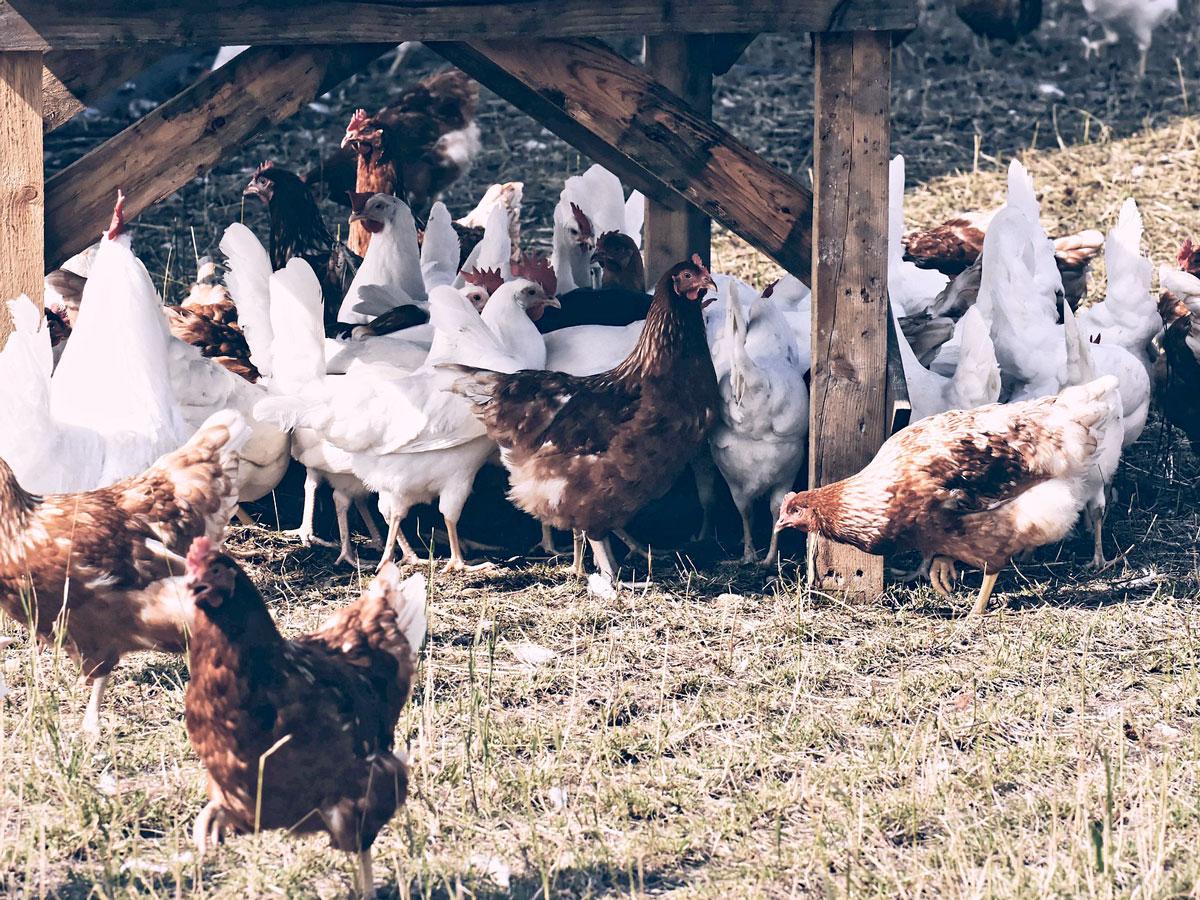Do gut microbes promote migratory fattening in shorebirds?
This animal science honours projects aims to determine if gut microbes promote migratory fattening in shorebirds, using commercial broiler chickens as a model.

Commensal microflora have been shown to have a role in metabolism and fattening in humans and bears, among other models.
Migratory birds undergo rapid fuelling prior to migration, with some species even doubling in mass in about 10 days prior to migration departure. The potential role of microbes in this rapid fattening phase is unknown.
We will inoculate young chickens with the gut microflora community of a fuelling shorebird and measure the effects on weight gain, body composition, metabolism, and gut morphology.
The honours student will focus on the effects on metabolism and gut morphology, working in a team of researchers from Roseworthy and Deakin University in Geelong.
This information will be incorporated into a larger project looking at gut microflora profiles of shorebirds, and their role in growth, migration, and susceptibility to disease. It also links into a project looking at the role of commensal bacteria in the health and productivity of poultry.
You will gain lab skills relevant to health, animal science, and comparative physiology, and utilise theoretical constructs in evolutionary ecology.
Key methodology: You will use histology to characterise the gut morphology of treated and untreated chickens, and measure fat metabolites and enzymes in liver and blood tissue.
Study animal and veterinary bioscience
My research interests relate to gastrointestinal physiology and its application to provide a better understanding of gastrointestinal function and development of animals as a means to enhance life-long productivity.
I also have interests in maternal programming, particularly around nutrition and stress in breeder hens and its effect on progeny growth and performance.
If you have a particular interest in this area, you are welcome to contact me to discuss other project ideas.
Supervisors
- Dr Rebecca Forder
- Co-supervisor: Dr BriAnne Addison - Deakin University
- Research area: Animal and veterinary bioscience
- Recommended honours enrolment: Honours in Animal Science
